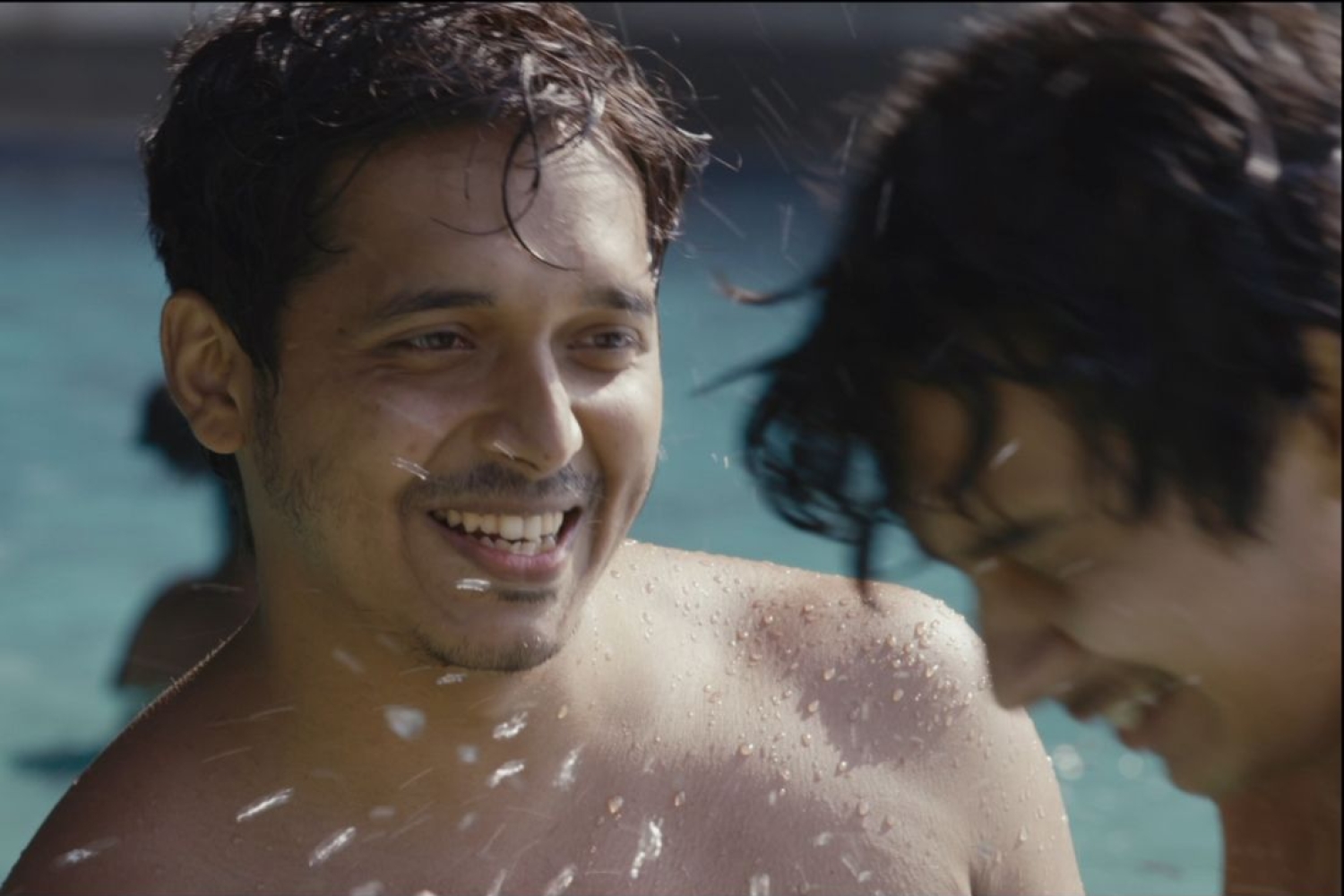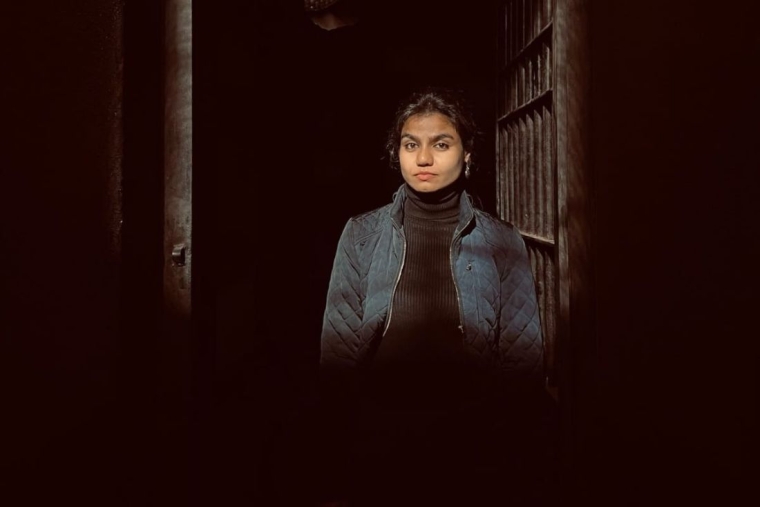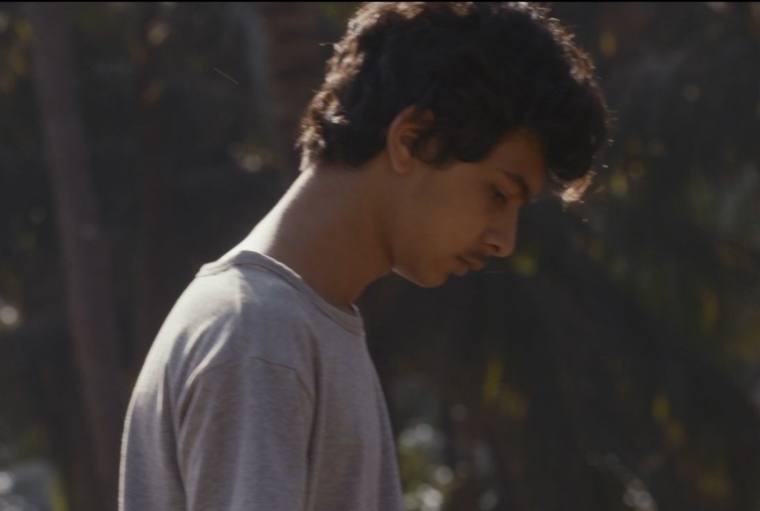

Apart from growing up in most major cities of India and changing six different schools owing to her travels, filmmaker Ambiecka Pandit lived a con- ventional life. The former and how she spells her name are the two unique things about her. Ambiecka thrived academically. Her mother and school exposed her to diverse pursuits—Bharatnatyam, jazz, ballet, painting, and piano. Her younger brother studied with her at the same school. An unsupervised playtime mishap involving a watermelon seed lodged in his ear was the beginning of everything. As they skipped school together, watching cartoons, she realized her brother’s love for storytelling had left an indelible mark on her own creative journey. They’d make up stories and place a character from one cartoon into another and spin yarns. Today, both are working in films. Fast-forward to her teenage years, and she explored Hollywood cinema, appreciating its diversity and creativity. Law school introduced her to world cinema, broadening her cinematic palate. German and Turkish films, often requiring post-viewing research, captivated her. Her short film that recently released on MUBI is delicate and soft. Under the Waters talks about homosexuality through young characters when one is just starting to explore themselves—a disorienting time with a burst of emotions. She embraces the smallest of human gestures making the film more real and represents the empathy that Ambiecka herself shows to the subject of the film. More on her work below.
MAKING HER FIRST FILM, CUSTODY
I made Custody to see if I could make films. My brother wanted to write and act, so we thought, why not? I was inspired by a newspaper clipping that said a man had inadvertently killed his best friend’s baby. It got us talking about how easy it is to kill a baby and about millennials becoming parents. Millennials value individual freedom a lot more than say our parents’ generation did and we wondered how that ties into being selfless for your baby.

Ambiecka Pandit
EXPLORING UNDER THE WATER
I was thinking about how unique pools are as a space – they are technically a public space but also seem like a private space under the surface. That’s how this notion of something being public and private came to me. I think a separate thought I had was how good it felt when as a new teenager we discovered that people of the opposite gender
liked us at school. It was an exciting feeling, we felt powerful and beautiful. I wondered how it must be if you are homosexual. Does that feeling make you happy or scared? At that age, if you don’t have the vocabulary to define yourself as homosexual and just have those feelings, how would you feel and navigate the situation? So, I went to Kota and read about teenagers talking about their experiences and I found that in most stories of children liking people of their own gender, they lacked the vocabulary to label themselves and spoke of their feelings in a very primal manner.
I thought it was interesting that when social conditioning fails you, we still have to rely on our animal / primal instincts. Sarang and Mihir then came about when I thought of a baby deer and an older deer pushing and pulling each other because of what they were evoking in each other.
THE SETTING
It was a conscious choice to make it in Marathi because I wanted to set the film in Mumbai but also talk about the milieu of people we see in the film. I am a Maharashtrian from my father’s side and I can identify with how our people live and their preoccupations. I didn’t intend for it to look like it’s set in the 1990s. I was making a contemporary film but in that class of society, villas haven’t really aged, and time has stayed still to a large extent. The setting of a villa sandwiched between a pool and a beach was very important to me. That was the heart of my film. It took us a while to find the right location.
THE WALKERS PROJECT
The Walkers Project is an initiative by Diageo. It is about the values they stand for – inclusivity, diversity and sustainability. They do this to tell path-breaking stories of courage that will then pave the way for others to follow.
The mentoring has been phenomenal. Guneet Monga, Anu Rangachar, Deepti D Cunha and Anupama Chopra have been instrumental in showing us exactly how the marriage of art and commerce happens on a global level. We understand the world cinema market better and how it is absolutely imperative as a filmmaker to know the ecosystem in which you are making films and use that to fight the perennial fight for financing.
Words Hansika Lohani
Date 12.08.2024
